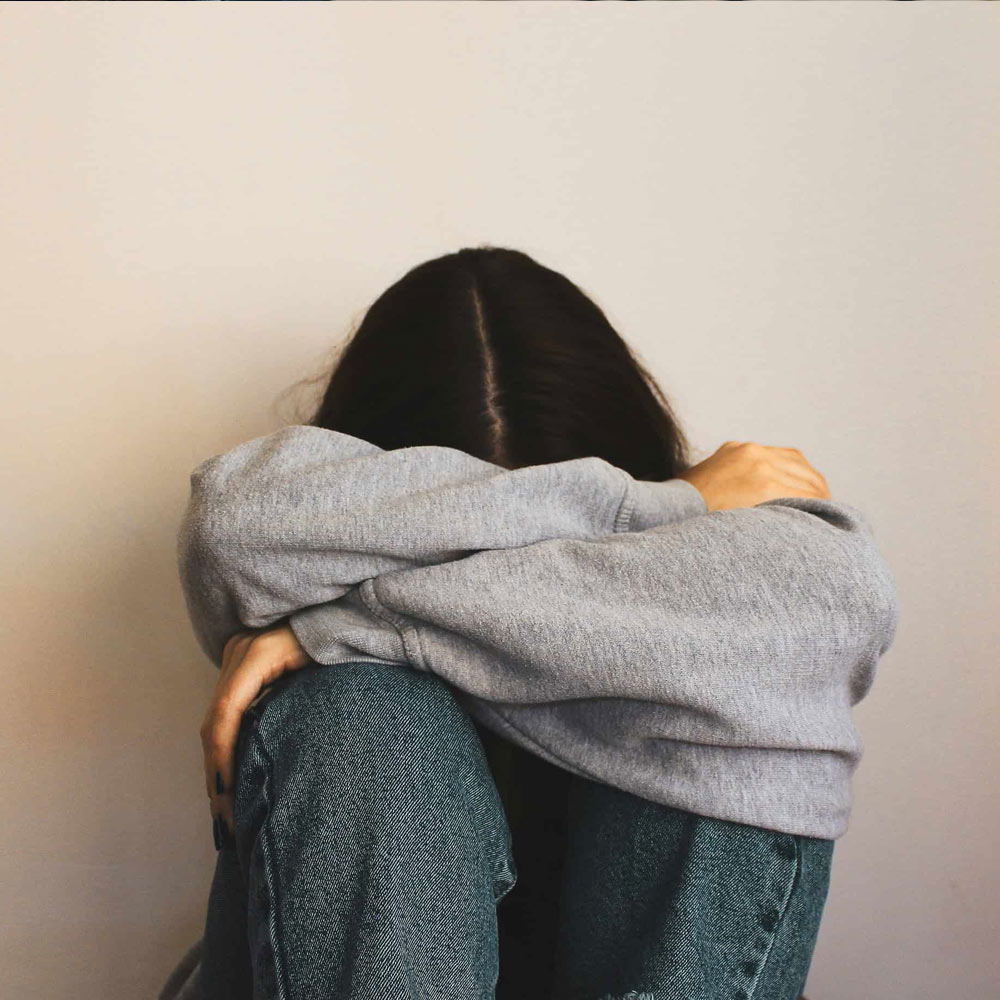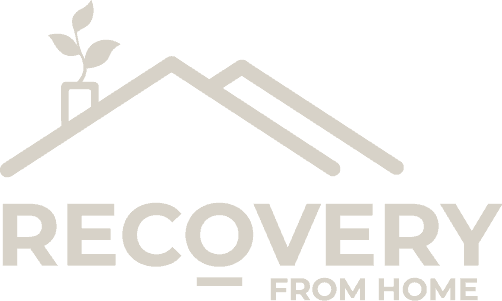PRESCRIPTION DRUG ADDICTION
UNDERSTANDING HOW THE ABUSE DEVELOPS
UNDERSTANDING HOW THE ABUSE DEVELOPS
Prescription medication addiction occurs when individuals misuse prescribed drugs, either by taking the drug in ways not intended by their doctor or by using someone else’s prescription.
Commonly abused medications include opioids, benzodiazepines, and stimulants. All of these require a script from a doctor because of the risk factors surrounding the potential to become addicted.
This form of substance abuse can develop gradually, often starting with legitimate medical use, but it can quickly spiral into dependence and abuse.
Many people have used prescription medicines for genuine purposes, such as for chronic pain from an accident where a doctor has prescribed a potent painkiller, such as opioids, resulting in them becoming addicted to a drug.
Prescription drug abuse often revolves around central nervous system depressants or stimulants.
According to the National Institute on Drug Abuse, “An overall increase in prescription drug misuse over the past two decades is reflected in treatment admissions for prescription drug use disorders and overdose deaths involving prescription drugs—both of which initially rose significantly before holding steady through 2020.”
RECOGNISING PRESCRIPTION MEDICATION ADDICTION
Increased tolerance
Needing higher doses of the medication to achieve the same effects.
Doctor shopping
Visiting multiple doctors to obtain additional prescriptions.
Using more than prescribed
Taking higher doses or using the medication more frequently than prescribed.
Physical dependence
Experiencing withdrawal symptoms like anxiety, nausea, or tremors when not taking the medication.
Behavioural changes
Mood swings, increased secrecy, and changes in daily habits or routines.
COMMONLY ABUSED PRESCRIPTION MEDICATIONS
Opioids
Often used to treat acute and chronic pain, opioids like oxycodone, hydrocodone, and morphine are highly addictive and can lead to physical dependence and overdose.
Benzodiazepines
Medications like Xanax, Valium, and Ativan are prescribed to treat anxiety or sleep disorders to help you feel calm, but they can lead to addiction when misused.
Stimulants
Prescribed for conditions like ADHD, prescription stimulants such as Adderall and Ritalin can be addictive, especially when taken in higher doses or by those without a prescription.
IMPACT OF PRESCRIPTION MEDICATION ADDICTION
Health risks
Long-term abuse can lead to severe physical and mental health issues, including respiratory depression, liver damage, and an increased risk of overdose.
Legal consequences
Misusing or obtaining prescription drugs illegally can lead to criminal charges.
Relationship strain
Addiction often causes significant strain on relationships with family, friends, and colleagues.
Financial problems
The cost of obtaining these medications illegally can lead to financial difficulties.
PRESCRIPTION MEDICATION USE: SIGNS AND SYMPTOMS
The signs and symptoms of prescription drug abuse depend significantly on what medication the person is using and for how long they have been using it. However, there are some warning signs, which are listed below.
RECOGNISING PRESCRIPTION MEDICATION ADDICTION
Elevated TolerancMore significantly more amounts of the medication are required to produce the same results.
Doctor Shopping:
Consulting various physicians to secure extra prescriptions.
Utilising Beyond Recommended Levels:
Consuming more significant amounts or administering the medication more often than directed.
Physical Dependence:
Showing withdrawal signs such as restlessness, nausea, or shaking when the medication is not administered.
Alterations in Behavior:
Fluctuations in mood, heightened secrecy, and modifications in everyday habits or routines.
IMPACT OF PRESCRIPTION MEDICATION ADDICTION
Health Dangers:
Prolonged misuse can result in severe physical and psychological health complications, such as breathing difficulties, liver harm, and a heightened chance of overdose.
Legal Repercussions:
Illegally using or acquiring prescription medications can result in criminal offences.
Relationship Tensions:
Addiction frequently creates considerable pressure on connections with family members, friends, and coworkers.
Financial Struggles:
The expenses associated with illegally procuring these drugs can lead to monetary issues.
COMMONLY ABUSED PRESCRIPTION DRUGS AND THEIR CONSEQUENCES
It’s important to note that along with these symptoms of prescription drug addiction, there is a genuine possibility of a drug overdose, which can result in irreversible health issues and even death.
Symptoms of Opioid Addiction:
Infection, Hyperalgesia, Opioid-induced bowel syndrome, Opioid-related leukoencephalopathy, Opioid amnestic syndrome, Increased morbidity and mortality
Symptoms of Benzodiazepine Addiction:
Nystagmus, Stupor, Coma, Altered mental status (most commonly depression), Respiratory depression
Symptoms of Stimulant Addiction:
Tremors, Confusion, Hallucinations, Anxiety, Seizures
PRESCRIPTION DRUG ADDICTION TREATMENT
Treatment options for patients addicted to prescription drugs are not as easy as simply stopping. With opioid and benzodiazepine types of prescription drugs, a detox is usually needed to help relieve symptoms of withdrawal.
The risk factors of prescription drug withdrawal can be severe, and symptoms may be particularly concerning if not handled by trained professionals at a drug rehab facility.
Those who experience withdrawal symptoms usually experience vomiting and diarrhoea with opioid withdrawal, whereas those who stop using prescription benzodiazepines can experience severe confusion and tremors.
INPATIENT OR OUTPATIENT TREATMENT?
Inpatient treatment is a viable option to seek treatment for addiction and abuse of prescription drugs. As with most cases of substance abuse, there is a process in which you will be checked into a rehabilitation facility where the detoxification process will begin. Because substance abuse and mental health issues are often linked, therapy during your stay will help get to the cause of your substance use disorder.
Outpatient treatment programs are an extremely effective treatment for misusing prescription medications. Your physical dependence and addiction are addressed within the comfort of your own home instead of in treatment centres. A team of medical and addiction specialists help you address your prescription drug misuse through regular cognitive behavioural therapy sessions while you are in your everyday environment. This is a highly effective way of assisting those suffering from substance abuse issues.
If you are suffering from prescription drug addiction, it’s essential to reach out for help. Though addiction to alcohol or other prescription medications may seem an impossibility, you can overcome it. Through substance abuse treatment and determination, recovery is possible with the proper support and intervention.
Are YOU Struggling with prescription medication addiction?
If you or someone you know is struggling with prescription medication addiction, it’s important to seek help as early as possible. Professional treatment can provide the tools needed to break the cycle of addiction, restore health, and regain control over life. Recovery is possible with the right support and intervention.











